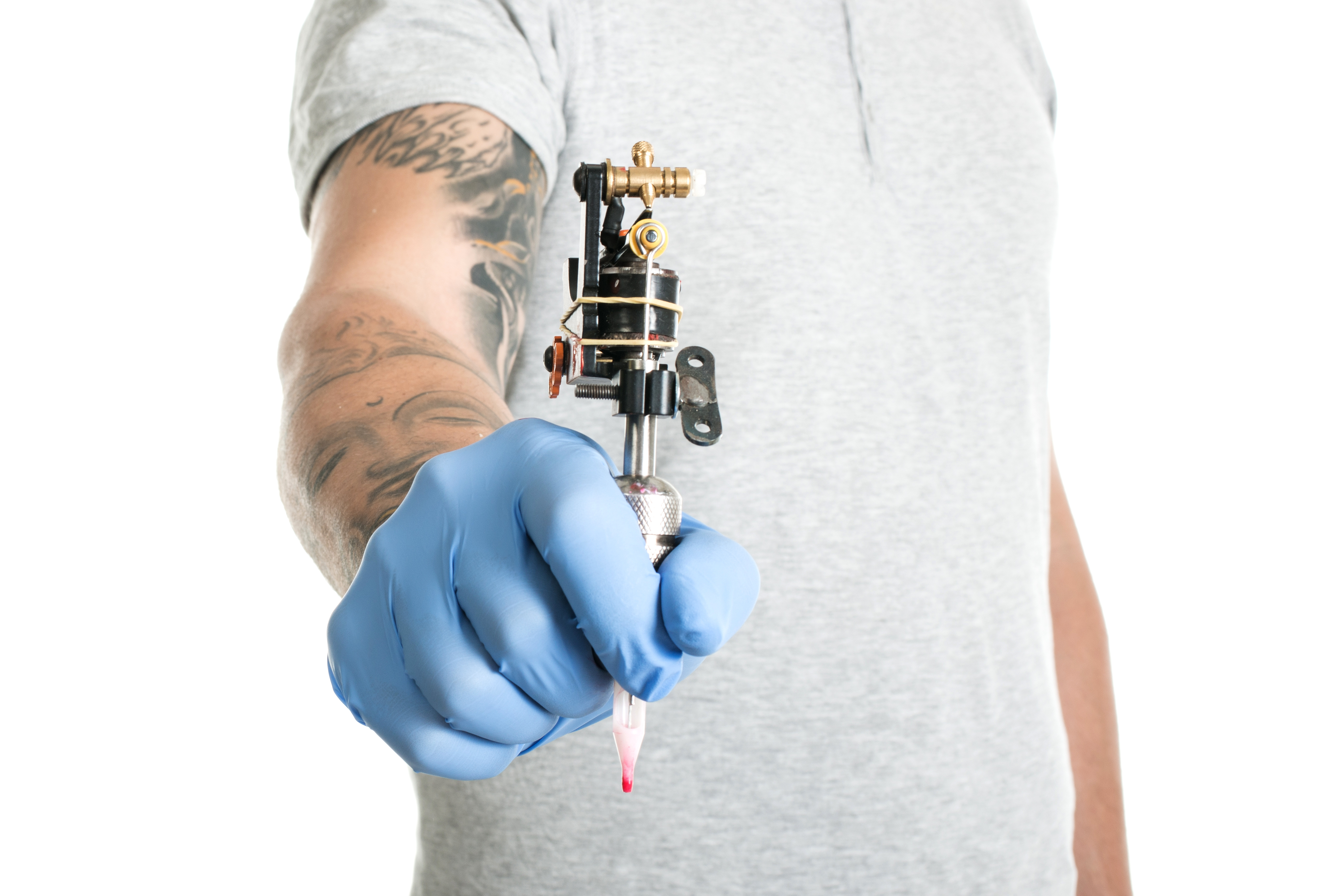 The decision to get a tattoo can be a tricky one. Where to go? Which artist? Style is important. Tribal or Celtic? Traditional American or Asian? Should it be limited or sleeve? While for some, it may be as simple as a butterfly on the shoulder, or Sponge Bob on the ankle. But, there may be other important things to consider before you decide to get your next tattoo.
The decision to get a tattoo can be a tricky one. Where to go? Which artist? Style is important. Tribal or Celtic? Traditional American or Asian? Should it be limited or sleeve? While for some, it may be as simple as a butterfly on the shoulder, or Sponge Bob on the ankle. But, there may be other important things to consider before you decide to get your next tattoo.
Some people will have an adverse reaction to certain specific tattoo inks. Tattoo ink is actually made from a combination of chemicals including iron oxide, aluminum, and manganese. Many of these chemicals cause severe skin reactions.
One of the more common adverse reactions to the tattoo ink is when the body creates an inflammatory reaction to the mercury sulfide, which is commonly found in red tattoo inks. “I see it quite commonly in the dermatology clinic,” says Dr. Adam Mamelak, a board certified Dermatologist in Austin, Texas. “Patients come in with redness, bumps, nodules, itching and discomfort confined to specific areas, or rather specific colors in their tattoos.”
Reactions
Most of the time the inflammation goes away on its own, and is common when tattoos are healing. But there are instances where inflammation can continue to occur, making it necessary for you to consult with a Dermatologist. “It’s called Contact Dermatitis,” explains Dr. Mamelak, “and it is literally and allergic reaction to the colored ink.”
“What’s interesting about tattoos is patients can experience skin reactions immediately after getting the work, and up to months or even years after the fact,” Dr. Mamelak states. Many people are caught off guard as the rash and itching doesn’t start until a significant amount of time has elapsed since they got their tattoo.
Treatment
Treatment for these issues can vary per patient. Anti-inflammatory creams and steroid injections can be used in many instances. Tattoo removal may be required in severe cases, but this should be done with extreme caution. It is never suggested that you attempt to remove or alter a tattoo on your own. Laser tattoo removal can also have detrimental effects in certain situations. Finally, if an infection is present within your tattoo, it is possible that you will need an antibiotic or other treatment.
Avoidance
A few tips on how to avoid situations where you might have bad reactions to tattoos and tattoo ink include:
- Be aware of what is in the ink the parlor uses
- Make sure you are working with a professional tattoo artist
- Be aware of your skin’s reaction to the tattoo
- At first concern of reaction, visit your dermatologist to avoid any long term serious effects.
Contact Us
If you have any concerns about reactions to tattoos or piercings, please contact us today at Sanova Dermatology.
Join Us
